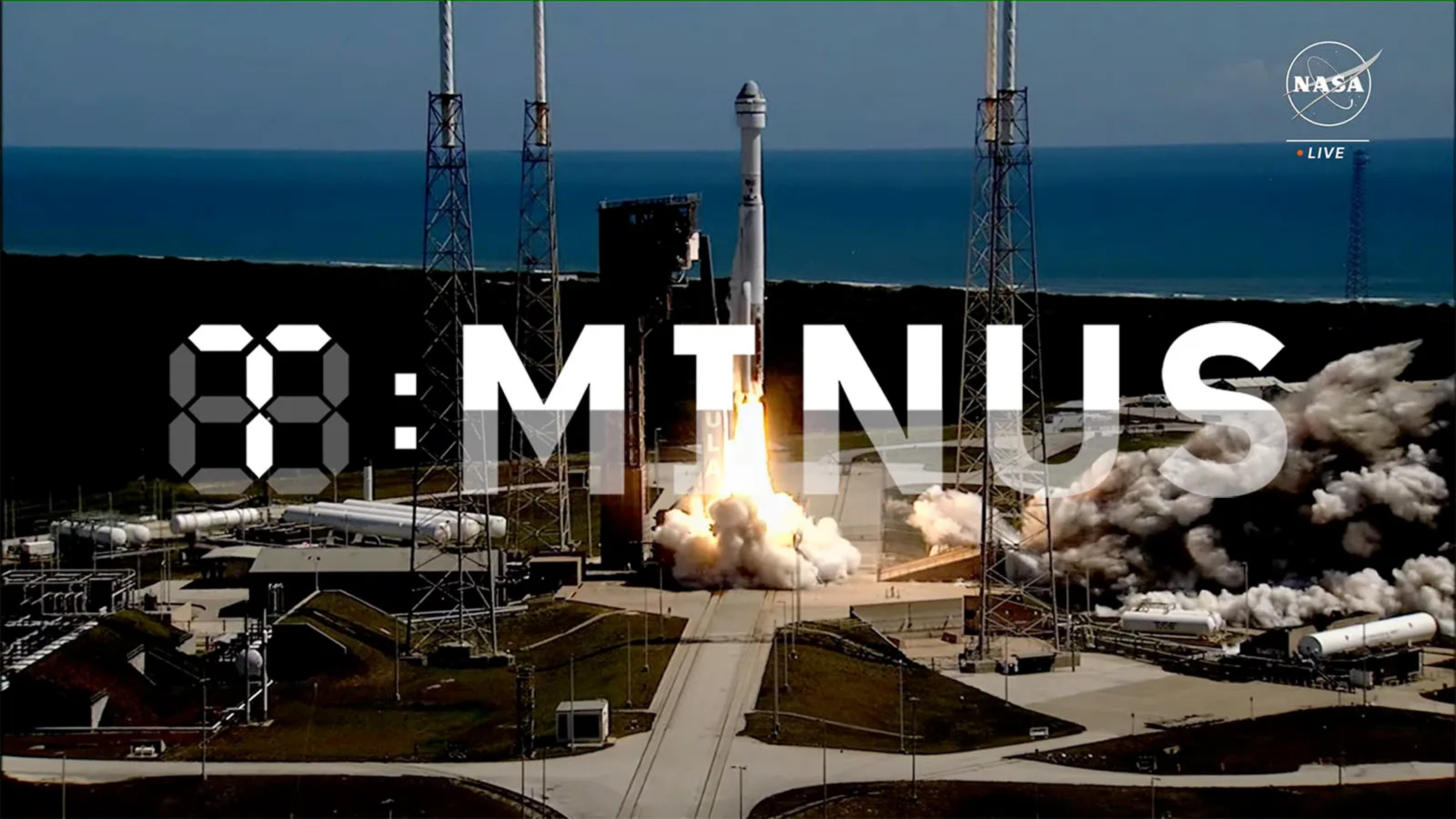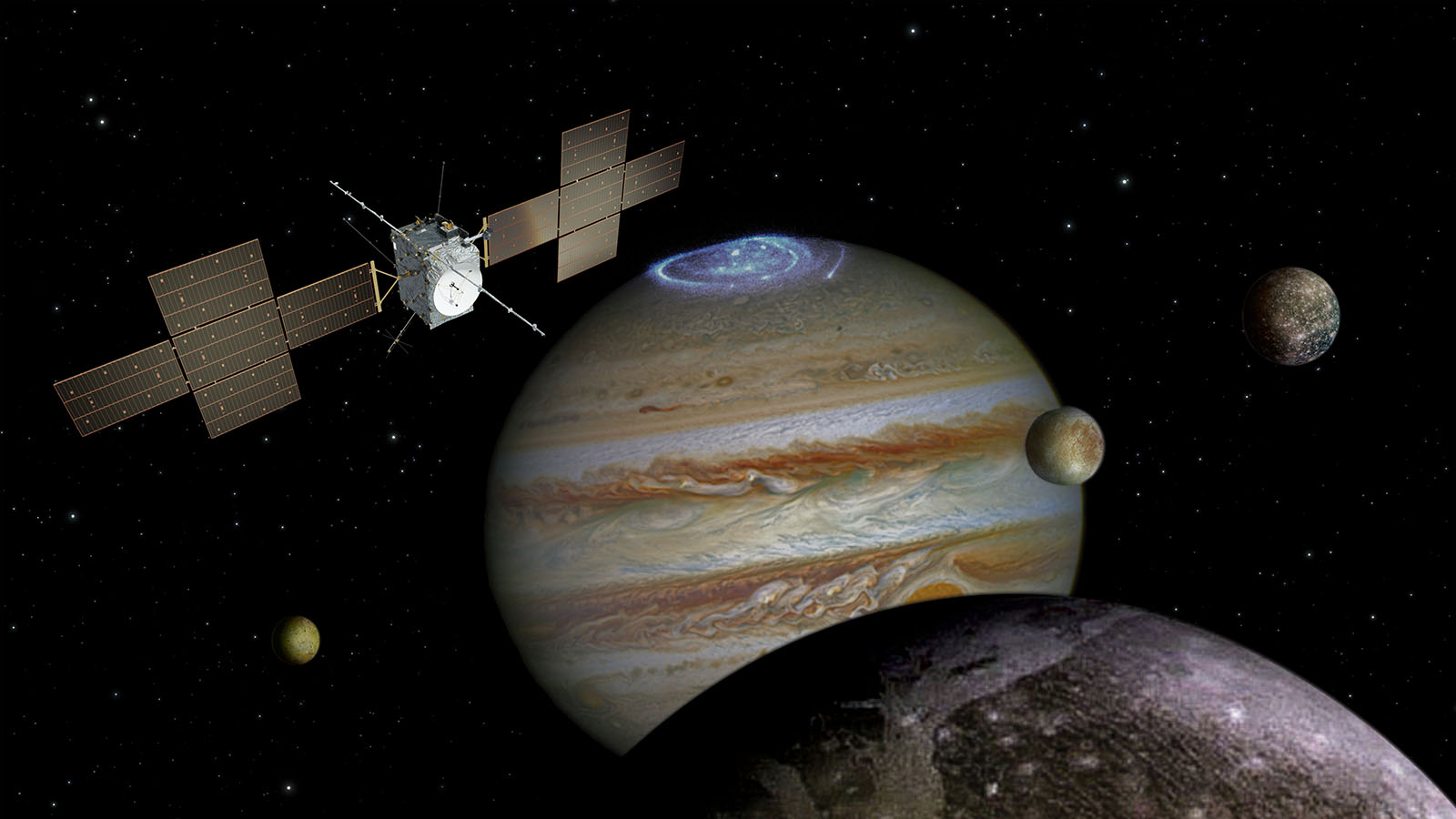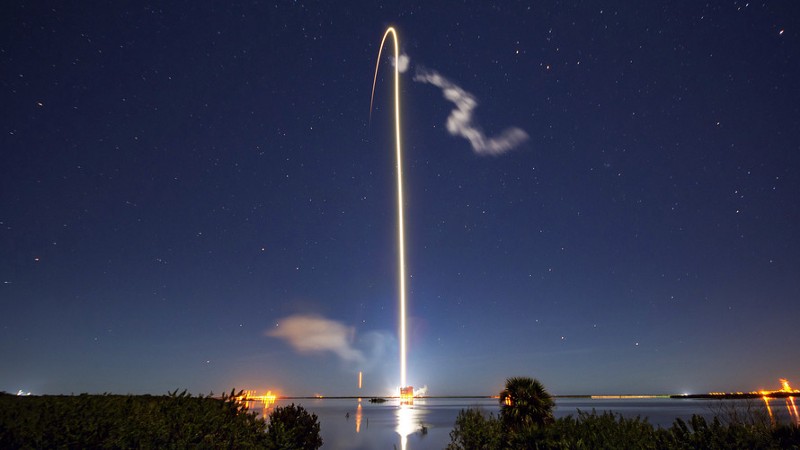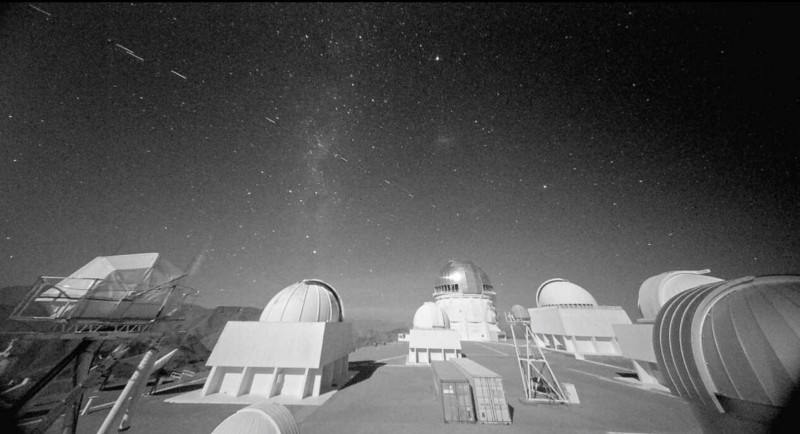Is the US Paying $300 Million Too Much to Launch Rockets? Elon Musk Thinks So.
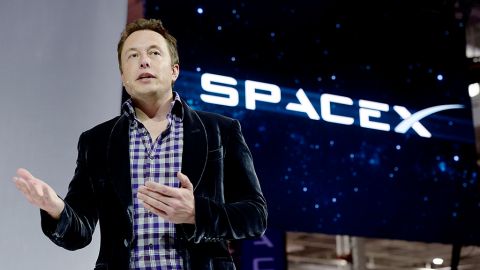
Special deal: buy a SpaceX flight and get a satellite (cost: $300m) for free!
That appears to be the deal that SpaceX’s founder Elon Musk is offering the US government, with the newfound competition in the national security payload launch market. Since SpaceX received approval by the US Air Force in 2015 to utilize its Falcon 9 rocket, SpaceX has received contracts to launch GPS III satellites into orbit. What the government has been paying SpaceX may be $300 million less than what US taxpayers will be paying the Colorado-based United Launch Alliance (ULA), jointly owned by Boeing and Lockheed Martin, to do a similar launch in 2020.
$300M cost diff between SpaceX and Boeing/Lockheed exceeds avg value of satellite, so flying with SpaceX means satellite is basically free https://t.co/CaOulCf7ot
— Elon Musk (@elonmusk) June 16, 2017
As first reported by Ars Technica, greater transparency as to how much the government pays for its launches has brought this brought the issue of cost competition into focus. As estimated by the Department of Defense's 2018 budget, the cost for using ULA comes out to $422 million for a single launch. A significant portion of the cost is related to the government paying ULA for its continued launch readiness; something it does not pay SpaceX, which accepts its contracts on an all-inclusive basis.
How Is SpaceX Able to Offer Such a Reduced Launch Price?
As you may imagine with governmental documents, it is not always easy to get a side-by-side cost comparison. While ULA has not publically come out to explain the alleged $300 million price-per-launch difference, the company referred to the earlier Ars Technica reporting as "misleading" on Twitter.
It is unclear if Elon Musk is positioning the competitive launch bids as a lost-leader for future growth and markets, or if SpaceX is turning a profit at the much lower launch cost. The company's Falcon 9 rockets have a commercial cost of $65 million; the specifications for a satellite launch can add tens of million to the cost but have always clocked in at under $100 million. If this is truly an apples-to-apples comparison with the estimated $422 million launch cost by ULA, it would appear to be a dramatic opportunity by the government to save money.
While saving money is crucial (one would hope) for the US government, safety is a major concern when dealing with the complexities of space launches. ULA benefits from having a flawless track record with over 100 previous launches.
Last year, however, a now-former vice president of engineering at ULA candidly spoke about the difficulty the company would have competing with SpaceX. Brett Tobey, who resigned when the remarks were made public, stated at a University of Colorado-Boulder seminar that SpaceX was able to offer their services for as low as $60 million while the lowest ULA could go was $125 million [ULA, in a statement, disagrees with the figures]. (The much higher costs now associated with a ULA launch may be related to changes in budget transparency, which now include the capability costs the government pays to ULA.)
As we have seen with countless industries from razors to eyeglasses, what once seemed like normal prices can be viewed as outrageous once as a true disruptor enters. And while space travel may seem to be outside the typical market influences, Elon Musk and SpaceX may prove otherwise.
--
Want to connect? Reach out @TechEthicist and on Facebook. Exploring the ethical, legal, and emotional impact of social media & tech. Co-host of the upcoming show, Funny as Tech.
